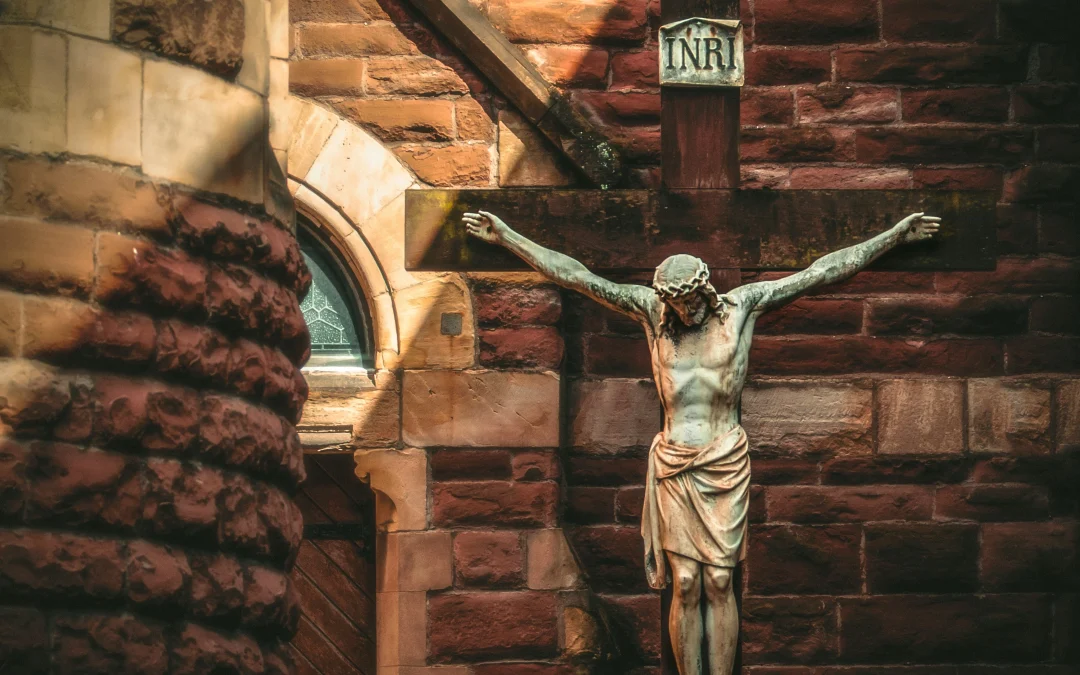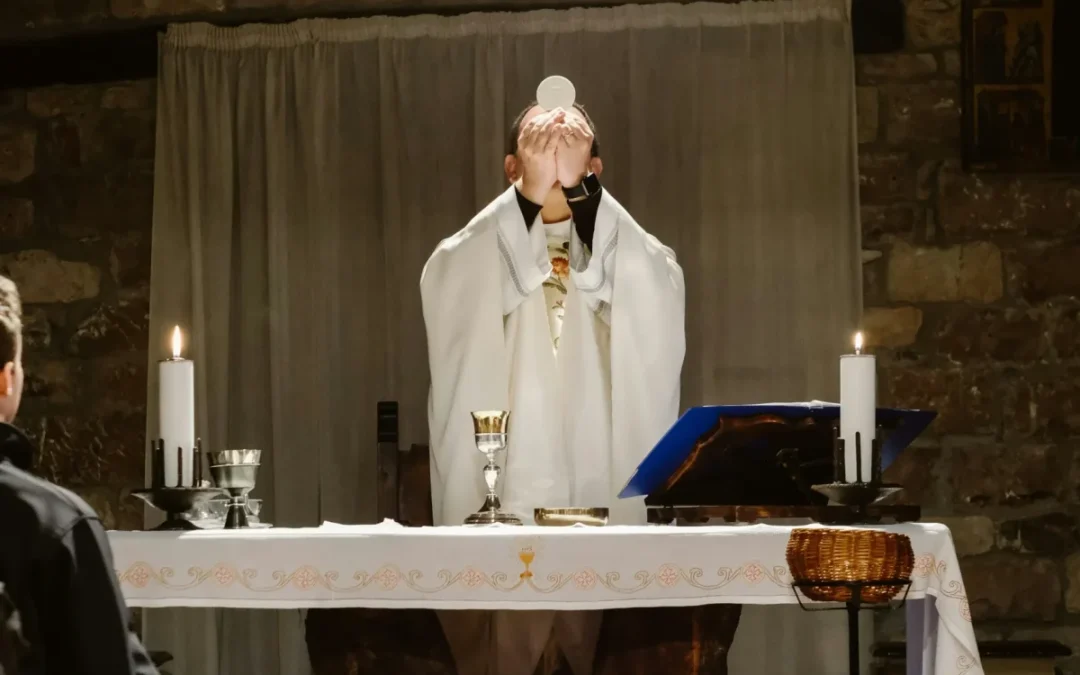In our dialogue, I would like us to keep in mind three essential words that represent the pillars of the Church’s missionary activity and the aim of the Holy See’s diplomacy.
Pope Leo XIVI
The first word is peace.
All too often we consider it a “negative” word, indicative only of the absence of war and conflict, since opposition is a perennial part of human nature, frequently leading us to live in a constant “state of conflict” at home, at work and in society. Peace then appears simply as a respite, a pause between one dispute and another, given that, no matter how hard we try, tensions will always be present, a little like embers burning beneath the ashes, ready to ignite at any moment.
From a Christian perspective – but also in other religious traditions – peace is first and foremost a gift. It is the first gift of Christ: “My peace I give to you” (Jn 14:27). Yet it is an active and demanding gift. It engages and challenges each of us, regardless of our cultural background or religious affiliation, demanding first of all that we work on ourselves. Peace is built in the heart and from the heart, by eliminating pride and vindictiveness and carefully choosing our words. For words too, not only weapons, can wound and even kill.
In this regard, I believe that religions and interreligious dialogue can make a fundamental contribution to fostering a climate of peace. This naturally requires full respect for religious freedom in every country, since religious experience is an essential dimension of the human person. Without it, it is difficult, if not impossible, to bring about the purification of the heart necessary for building peaceful relationships.
This effort, in which all of us are called to take part, can begin to eliminate the root causes of all conflicts and every destructive urge for conquest. It demands a genuine willingness to engage in dialogue, inspired by the desire to communicate rather than clash. As a result, there is a need to give new life to multilateral diplomacy and to those international institutions conceived and designed primarily to remedy eventual disputes within the international community. Naturally, there must also be a resolve to halt the production of instruments of destruction and death, since, as Pope Francis noted in his last Urbi et Orbi Message: No peace is “possible without true disarmament [and] the requirement that every people provide for its own defence must not turn into a race to rearmament.” [1]
The second word is justice.
Working for peace requires acting justly. As I have already mentioned, I chose my name thinking first of all of Leo XIII, the Pope of the first great social Encyclical, Rerum Novarum. In this time of epochal change, the Holy See cannot fail to make its voice heard in the face of the many imbalances and injustices that lead, not least, to unworthy working conditions and increasingly fragmented and conflict-ridden societies. Every effort should be made to overcome the global inequalities – between opulence and destitution – that are carving deep divides between continents, countries and even within individual societies.
It is the responsibility of government leaders to work to build harmonious and peaceful civil societies. This can be achieved above all by investing in the family, founded upon the stable union between a man and a woman, “a small but genuine society, and prior to all civil society.” [2] In addition, no one is exempted from striving to ensure respect for the dignity of every person, especially the most frail and vulnerable, from the unborn to the elderly, from the sick to the unemployed, citizens and immigrants alike.
My own story is that of a citizen, the descendant of immigrants, who in turn chose to emigrate. All of us, in the course of our lives, can find ourselves healthy or sick, employed or unemployed, living in our native land or in a foreign country, yet our dignity always remains unchanged: it is the dignity of a creature willed and loved by God.
The third word is truth.
Truly peaceful relationships cannot be built, also within the international community, apart from truth. Where words take on ambiguous and ambivalent connotations, and the virtual world, with its altered perception of reality, takes over unchecked, it is difficult to build authentic relationships, since the objective and real premises of communication are lacking.
For her part, the Church can never be exempted from speaking the truth about humanity and the world, resorting whenever necessary to blunt language that may initially create misunderstanding. Yet truth can never be separated from charity, which always has at its root a concern for the life and well-being of every man and woman. Furthermore, from the Christian perspective, truth is not the affirmation of abstract and disembodied principles, but an encounter with the person of Christ himself, alive in the midst of the community of believers. Truth, then, does not create division, but rather enables us to confront all the more resolutely the challenges of our time, such as migration, the ethical use of artificial intelligence and the protection of our beloved planet Earth. These are challenges that require commitment and cooperation on the part of all, since no one can think of facing them alone.
Image: Photo by Arnold Straub on Unsplash
.










